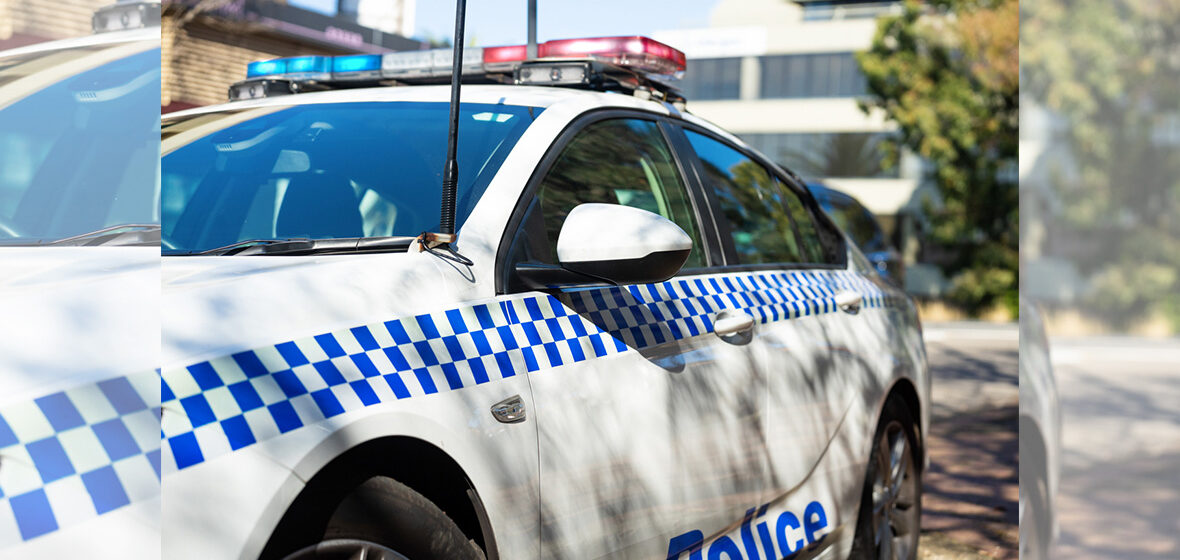In my experience, it is not uncommon for police to respond to such situations with an immediate decision to arrest, use of force or physical restraint rather than de-escalation techniques. This is undesirable, to say the least, as it almost always results in an escalation of the incident and causes significant distress and injury.
Solicitors in NSW are joining a growing chorus of members of the justice system, including the police watchdog and coroner, in pushing for increased training for police officers to better respond to people experiencing mental health episodes.
The calls come after the NSW Law Enforcement Conduct Commission (LECC) released a report on Monday 22 May, reviewing 157 death or serious injury incidents involving officers in the past five years. Of these, almost half involved an interaction with a person in a mental health crisis.
The LECC said while the “majority of critical incident investigations” are conducted in a “thorough and objective manner”, there is “scope for improvement”, including by urgently increasing training for officers.
“A high proportion of critical incidents involve a person experiencing a mental health crisis. Despite this, police training on how to respond to someone in mental health crisis is currently extremely limited,” LECC Chief Commissioner Peter Johnson said.
“Sometimes a critical incident investigation shows that there are problems with police policies or practices. Changes to such practices should not be put on hold until the end of coronial or criminal proceedings.”
It also follows the widespread shock over the tasering of a 95-year-old dementia patient and grandmother in a nursing home in Cooma last week.
President of the Law Society of NSW Cassandra Banks said the recommendations made in the report are “common sense” and could save lives if implemented.
“This report can be the foundation for real improvements in the capability of Police to deal with critical incidents, including those involving people struggling with mental health or behavioural issues linked to cognitive impairment,” Banks said.
“The Law Society appreciates that our police officers are often called upon to put themselves in harm’s way while discharging their duties. As the LECC’s report states, ‘unenviable split-second decisions’ can lead to tragic outcomes.
“Where safe, de-escalation should be the first strategy police employ to avoid incidents ending in a violent confrontation with potentially tragic outcomes for all concerned.”
 Trudie Cameron, Practice Director of Criminal Law, Armstrong Legal
Trudie Cameron, Practice Director of Criminal Law, Armstrong Legal
Practice Director of Criminal Law at Armstrong Legal Trudie Cameron told LSJ that “extensive and comprehensive” training on dealing with people experiencing acute mental health issues or impairment by drugs or alcohol should be made mandatory with the “urgency it warrants”.
“There is no doubt NSW Police Officers have a difficult job. However, far too often we see inappropriate or highly inappropriate responses to persons experiencing mental health issues,” Camerson said.
“In my experience, it is not uncommon for police to respond to such situations with an immediate decision to arrest, use of force or physical restraint rather than de-escalation techniques.
“This is undesirable, to say the least, as it almost always results in an escalation of the incident and causes significant distress and injury, usually to the person being arrested, and in some cases to police.
“In too many tragic cases this immediate use of force and restraint results in serious injury or death which would otherwise have been entirely preventable.”
Further, between 1 July 2017 and 30 June 2022, coronial recommendations have requested that the Commissioner of Police consider several changes to police preparedness. These include amending policies to require that police carry one Taser per pair unless there is a good reason not to; policy and training around the use of drug detection dogs and strip searches; and providing further training to respond to persons with mental health problems and increased collaborative training with the NSW Ambulance Service and NSW Health.
Banks also urged the Minister for Police and the Commissioner of Police to commit to implementing LECC’s recommendations as “quickly and comprehensively as possible”.
“The Law Society welcomes this report and the indication from the LECC that it is working with NSWPF on better training and streamlined processes between the LECC and police leadership. We are heartened that the LECC has recommended that lessons learnt from a critical incident should be applied without waiting for coronial inquests, where findings can be delivered years after the events in question.”




